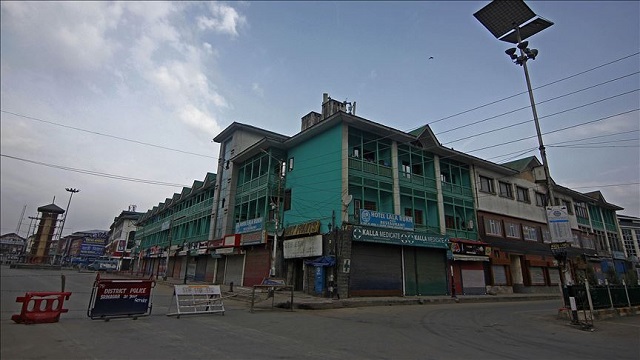
Junaid Azim Mattu, the mayor Srinagar, was in Delhi, India for medical treatment when he was put under house arrest. In a recent interview with local broadcaster NDTV, Mattu had said while there may not be any bodies littering its streets, assuming that the region has returned to normal would be “highly unrealistic.”
According to NDTV, Mattu, who is also the Jammu and Kashmir People's Conference (JKPC) party's spokesperson, was particularly scathing in his condemnation of the decision to place mainstream politicians in the occupied region under arrest as a "precautionary" measure.
'We won't give an inch': India faces defiance in 'Kashmir's Gaza'
"Over the years, political activists in Kashmir have braved threats and violence by terrorist elements to survive in the mainstream. But today, they are hunted and hounded," he said.
Mattu criticised the revocation of occupied Kashmir's special status by New Delhi, saying a lot of families are not able to communicate with their loved ones due to the move.
After revoking the special status on August 5, the government restricted Mattu’s movements.
"While the communication blackout has created a situation where specifics are speculative, it is safe to assume the ground situation can't possibly be anywhere near normal. The media and administrative narrative seem content in defining 'normalcy' in a purely operational context," Mattu said.
Earlier, a Kashmiri journalist Gowhar Geelani had claimed that authorities at Delhi airport had stopped him from travelling abroad.
Geelani was travelling to Germany to attend a training program organised by a media organisation. Geelani had criticised the government’s decision last month to revoke IOK’s special status.
The occupied Himalayan region has been under a near-complete lockdown since August 5, after India scrapped its special status, according to several rights groups, including Human Rights Watch and Amnesty International.
AJK President Masood urges lawyers to awaken world conscience on Kashmir
India has blocked communication and imposed strict restrictions to thwart any rebellion, while political leaders in the region have been detained as rights groups repeatedly called on New Delhi to lift the restrictions and release political detainees.
However, Indian authorities have claimed that 90 per cent of the occupied region is free of daytime restrictions.
From 1954 until this August 5, IOK had special provisions under which it enacted its own laws. The provisions also protected the region's citizenship law, which barred outsiders from settling in and owning land in the territory.
India and Pakistan both hold the region in parts and claim it in full. China also controls part of the region, but it is India and Pakistan who have fought two wars over it.
Thirty first day of curfew in Occupied Kashmir, now Mayor of SriNagar has also been arrested, #ModiMadness is full swing, two most important Arab foreign ministers ll arrive in Isld today to discuss Kashmir. World needs to act and act fast.
— Ch Fawad Hussain (@fawadchaudhry) September 4, 2019













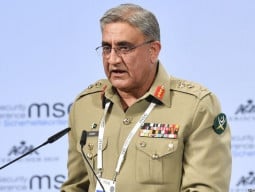

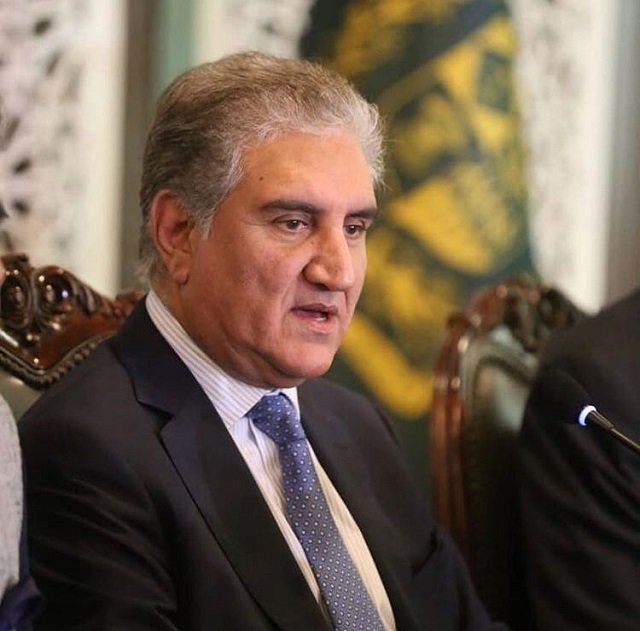

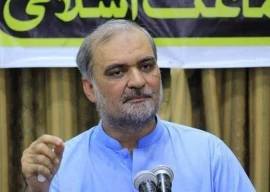

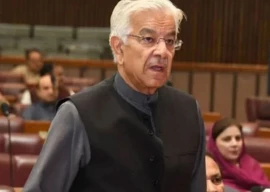
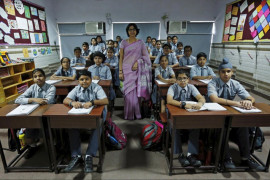
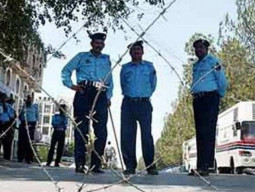










1714024018-0/ModiLara-(1)1714024018-0-270x192.webp)










COMMENTS
Comments are moderated and generally will be posted if they are on-topic and not abusive.
For more information, please see our Comments FAQ